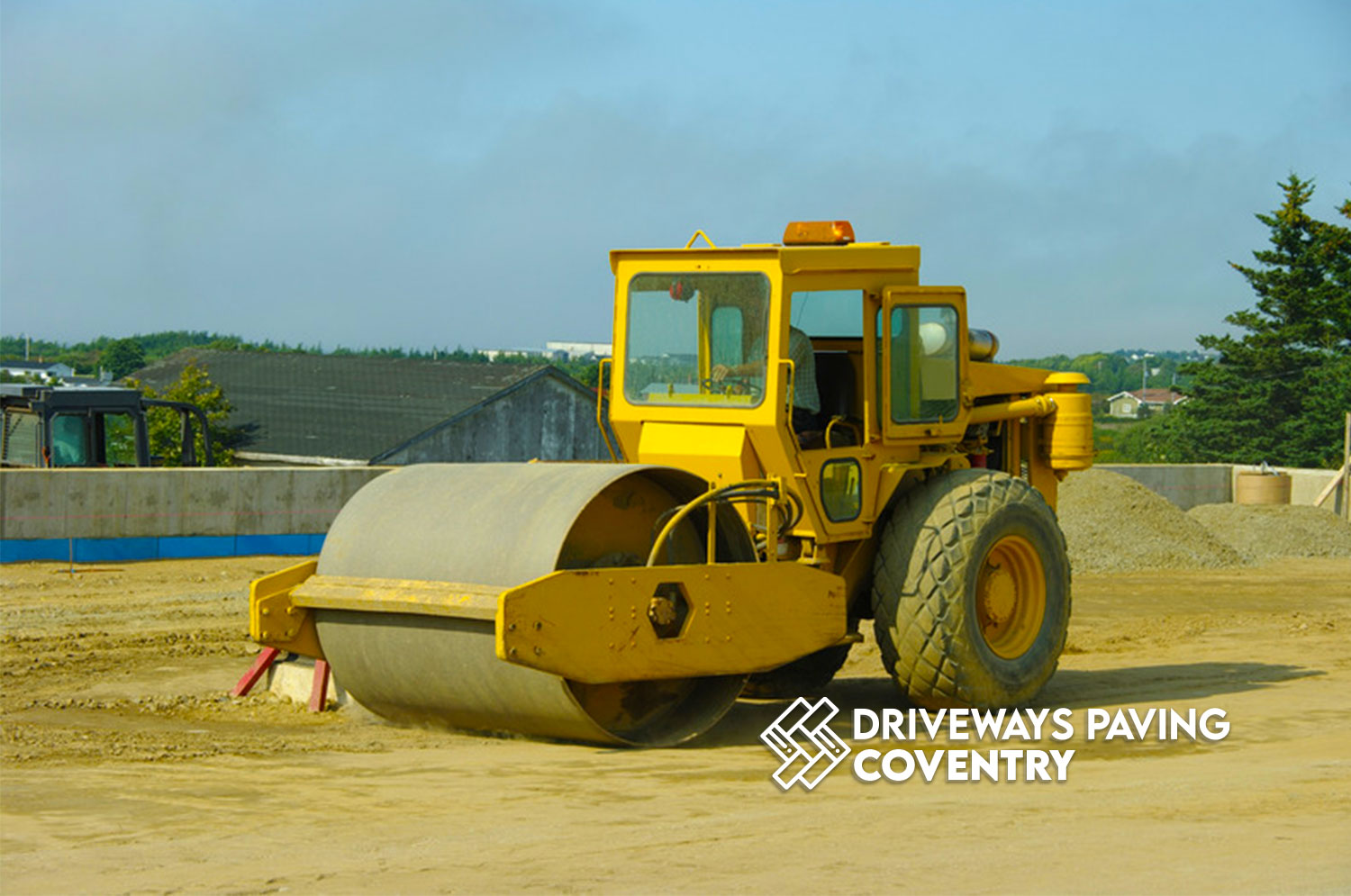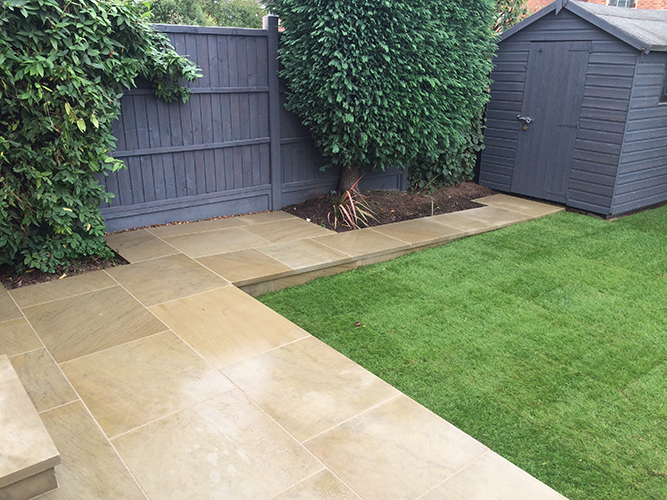Block paving driveways are a popular choice for homeowners in Coventry due to their durability, aesthetic appeal, and low maintenance. However, like any outdoor feature, block paving requires some care and attention to ensure it continues to look great and function properly. With the right maintenance, a block paving driveway can last for decades, keeping your home’s curb appeal intact. Here’s how to maintain your block paving driveways coventry.
1. Regular Cleaning
Keeping your block paving driveway clean is essential for preserving its appearance. Over time, dirt, leaves, and debris can accumulate on the surface. Regular sweeping with a broom will help keep the driveway tidy and free of loose debris.
For a deeper clean, especially after a rainy period or in the spring, you can use a pressure washer. This will remove stubborn dirt, moss, and algae that may have built up. When using a pressure washer, it’s important to set the pressure to a moderate level (around 1500 psi) to avoid damaging the blocks or washing away the jointing sand. Avoid focusing the pressure on one spot for too long to prevent any damage to the surface.
Tip: Clean your driveway every 6 months or more frequently if necessary, depending on weather conditions and traffic.
2. Refill Jointing Sand
The gaps between the blocks, filled with jointing sand, are what hold the blocks in place. Over time, especially after pressure washing or heavy rainfall, this sand can wash away. If you notice gaps forming between your blocks, you should refill them with new jointing sand.
To do this, sweep the sand into the joints, then use a vibrating plate compactor to ensure it settles properly. Afterward, sweep off any excess sand from the surface. This process helps maintain the structural integrity of the driveway and prevents weed growth.
Tip: Always use kiln-dried sand to refill the joints, as it is the best type of sand for this purpose.
3. Control Weeds and Moss
Weeds and moss can grow between the blocks over time, detracting from the appearance of your driveway. Regularly inspect your block paving for any signs of weed growth. If you notice weeds, pull them out by hand or use a weed killer that is safe for block paving.
To prevent moss and algae from growing, consider applying a moss killer or algaecide once or twice a year. These treatments can be applied directly to the surface, and they’ll help keep your driveway clean and free of unwanted vegetation.
Tip: Avoid using harsh chemicals that can harm the environment. Opt for eco-friendly solutions or natural remedies like vinegar or salt.
4. Reseal Your Driveway
Sealing your block paving is not always necessary, but it can add an extra layer of protection against stains, water damage, and UV fading. Sealing the surface helps maintain the color of the blocks and prevents moss or algae growth. It also makes cleaning easier, as dirt and grime are less likely to stick to the sealed surface.
In Coventry, where the weather can be quite varied, sealing your driveway every 2-3 years can help preserve the finish and protect the driveway from rain, snow, and UV exposure. Be sure to choose a high-quality, breathable sealant that is suitable for block paving.
Tip: Apply the sealant in dry conditions, and avoid sealing during the winter months when the temperature is too low for the product to set properly.
5. Fixing Cracks and Damage
While block paving is highly durable, over time, individual blocks can crack or become damaged. If you spot any damaged blocks, it’s important to address the issue promptly. Fortunately, one of the benefits of block paving is that individual blocks can be easily replaced without needing to resurface the entire driveway.
To replace a damaged block:
- Remove the surrounding blocks carefully.
- Lift out the damaged block.
- Place a new block of the same type and size in the gap.
- Refill the joints with sand and compact the area.
Tip: Always keep a few extra blocks of the same type and color from your original installation to ensure a perfect match.

6. Check for Drainage Issues
Proper drainage is vital for the longevity of your block paving driveway. If you notice any pooling of water or areas where rainwater isn’t draining properly, it could be a sign of a drainage issue. Over time, dirt and debris can clog the joints or the base of the driveway, preventing water from draining away.
To resolve drainage issues, first, check that the joints are clear and the sand is intact. If necessary, remove any block paving that is obstructing the flow and re-level the base to ensure proper water runoff. You may also need to clean any drainage channels or add new ones if the existing ones are insufficient.
Tip: Consider installing additional drainage channels if you live in an area that experiences heavy rainfall or flooding.
7. Avoid Heavy Traffic and Damage
Although block paving is strong and durable, it can still be damaged by excessive weight or heavy traffic. Try to avoid parking large or heavy vehicles on your driveway regularly, as this can lead to cracking or shifting of the blocks over time. If you regularly have heavy vehicles or equipment on your driveway, consider using stronger, thicker blocks designed to handle greater weight.
Tip: Place protective mats or plywood under heavy loads if you need to park large vehicles temporarily.
8. Prevent Oil Stains
Oil and fuel spills can cause unsightly stains on your block paving, especially if they’re not cleaned up promptly. To avoid this, regularly check for any spills and clean them up immediately with a suitable cleaning solution. Use a degreaser or soap with warm water to remove stains, and avoid using harsh chemicals that could damage the blocks or the environment.
Tip: Keep a stain remover or oil absorbent powder on hand to quickly clean up any accidental spills.
Conclusion
By following these simple maintenance steps, your block paving driveway in Coventry will remain in top condition for years to come. Regular cleaning, sand refilling, weed control, sealing, and addressing any damage promptly are all essential parts of ensuring that your driveway stays looking great and performing well. With the right care, your block paving will continue to enhance your home’s curb appeal and provide a reliable, attractive surface for parking and other uses.
